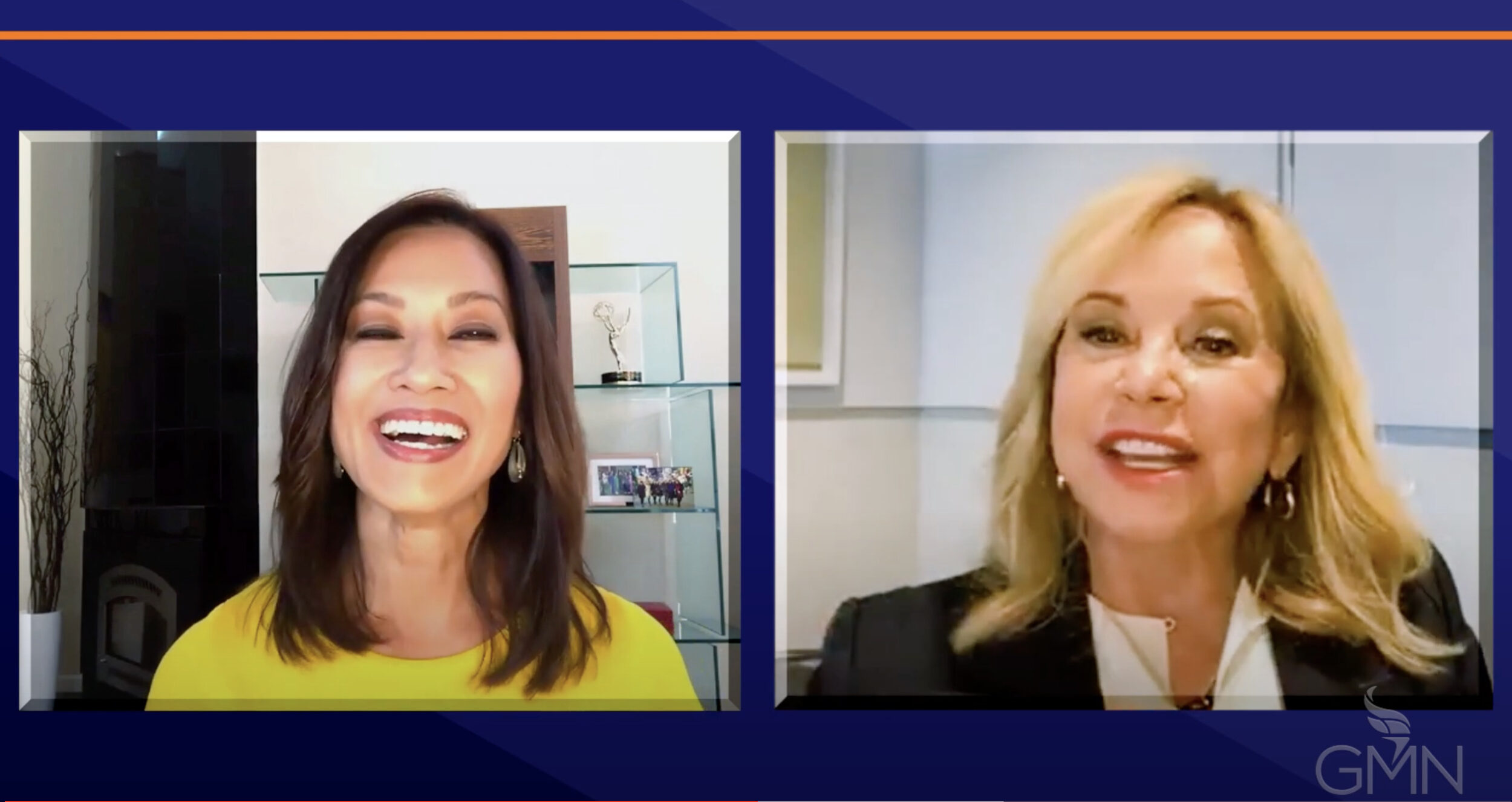Summary:
Julie found success with The RealReal, but she also passed over launching many of her early ideas. So what’s her advice to her early self? Get that idea off the ground!
Thuy
What about you, when you think of your own career progression, is there anything that you would do differently now in hindsight?

Julie Wainwright
Oh, absolutely, I would. I had so many ideas for companies that I think were directionally sound, but I didn't do it. I let fear hold me back or what I felt was an opportunity with another job offer came around. So I've said if I would look back, I would tell myself, will you just start that company and see where it goes. I think it would have... I think I waited too long, but look, you don't get a do-over there, you only get to go forward. So that is something I wish I would have started in a little early. So I have a lot of ideas. I posited some would have gone well, some wouldn't. One of the things that I think is really fun to do is when a business is forming and you read about them on TechCrunch or Crunchbase, some of the vehicles we have to read about new companies, especially in tech. And if they business to consumer, which I would say I know fairly well, I actually posit, I do a whole business case for them. I do a whole theory like, are they going to do well? Are they not? I think what are the challenges they are going to have based on what I've read? Clearly, I don't know everything, just what I'm reading. And then I look at it within a couple of years of my success rate or my failure rate. And that's another way for that. For people who want to sort of try to be an entrepreneur, sort of doing your own business cases before you take the risk. And at some point you jump off and take the risk.
Thuy
That's really great. That's a great piece of advice. So what's your success rate with all those companies that you do business cases for?
It's pretty good, pretty good. But when I miss it, I really miss it. So, you know, but I would say I'm more right than wrong. But once, you know, you're just like, wow, I just didn't get it. I really didn't get it. But again, my strength is business to consumer, so I don't even try this on B2B businesses. But B2C, I always think I should be able to understand the unique selling proposition. There's enough data out there to understand the competitive set. And I sometimes I just blow it.
It's pretty good, pretty good. But when I miss it, I really miss it. So, you know, but I would say I'm more right than wrong. But once, you know, you're just like, wow, I just didn't get it. I really didn't get it. But again, my strength is business to consumer, so I don't even try this on B2B businesses. But B2C, I always think I should be able to understand the unique selling proposition. There's enough data out there to understand the competitive set. And I sometimes I just blow it.
Related Posts

You Can’t Please Everyone
Vy Tran learned a tough lesson as a first-time manager – you can’t please everyone. Having to “drive accountability” while also being a self-described “people pleaser” required Vy to dig deep and re-think how she communicates with her team.

Failing Forward
Failing forward is an essential skill not just at work but in life. For Vy Tran, learning from her mistakes has made her a more effective and influential leader.

